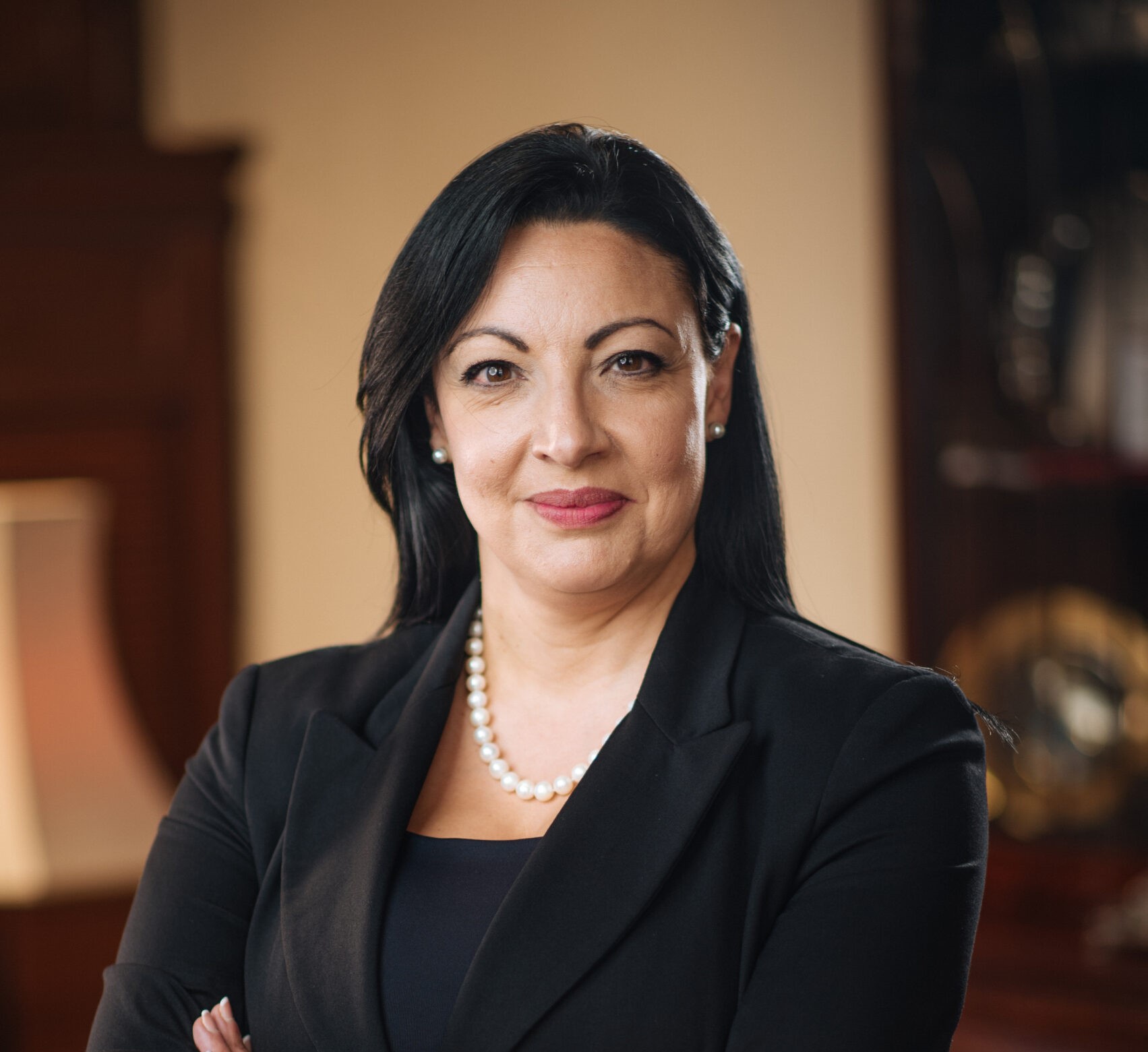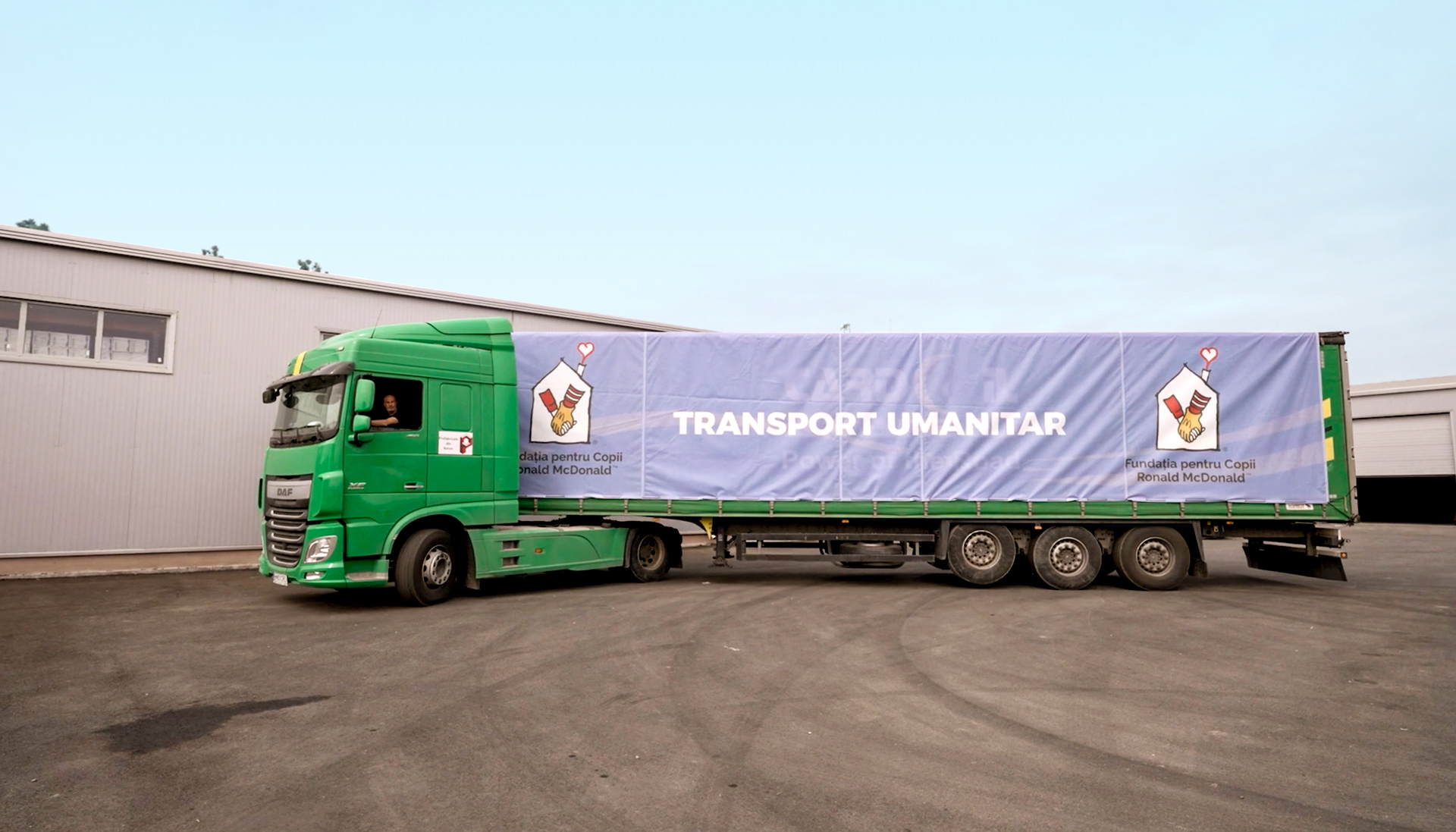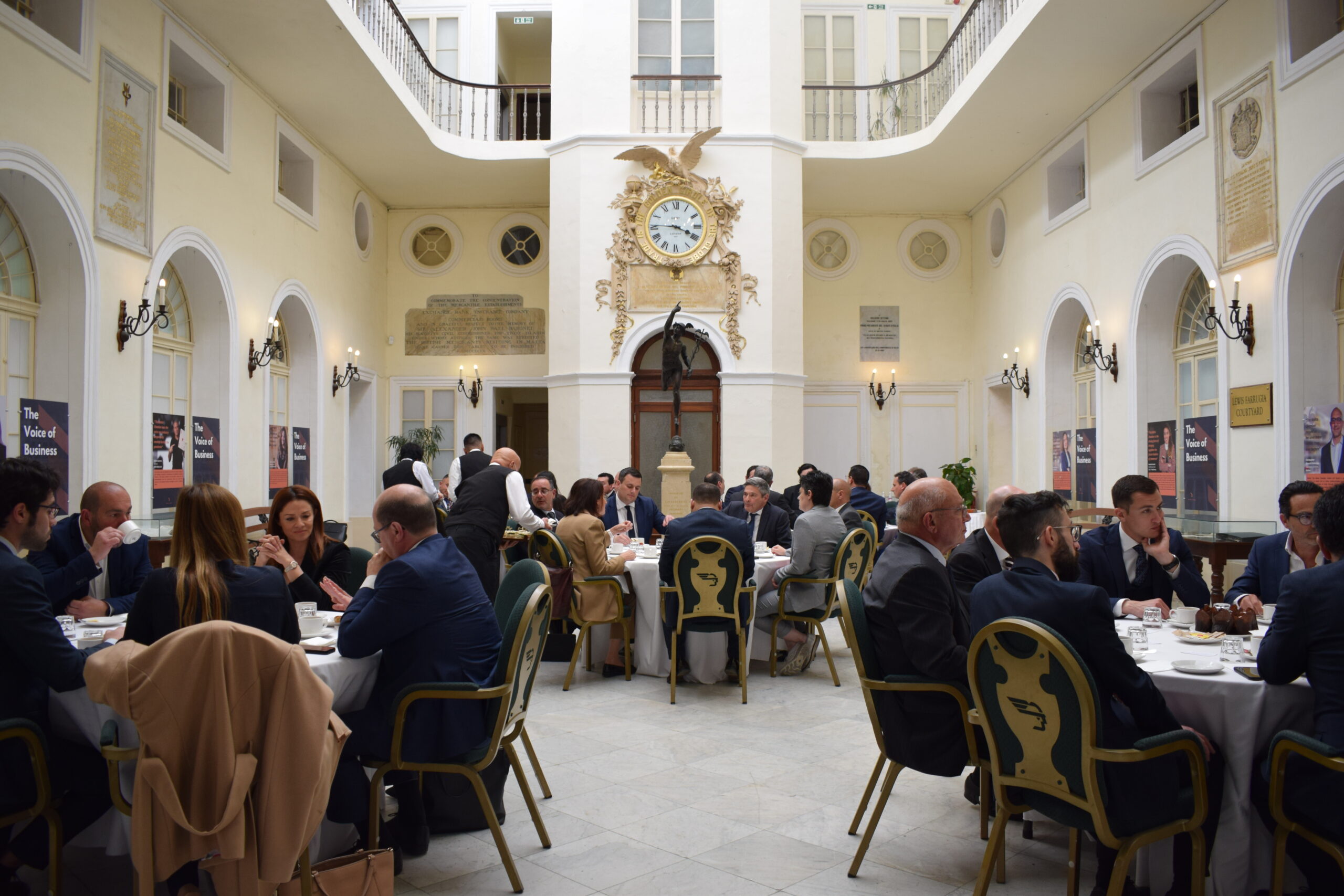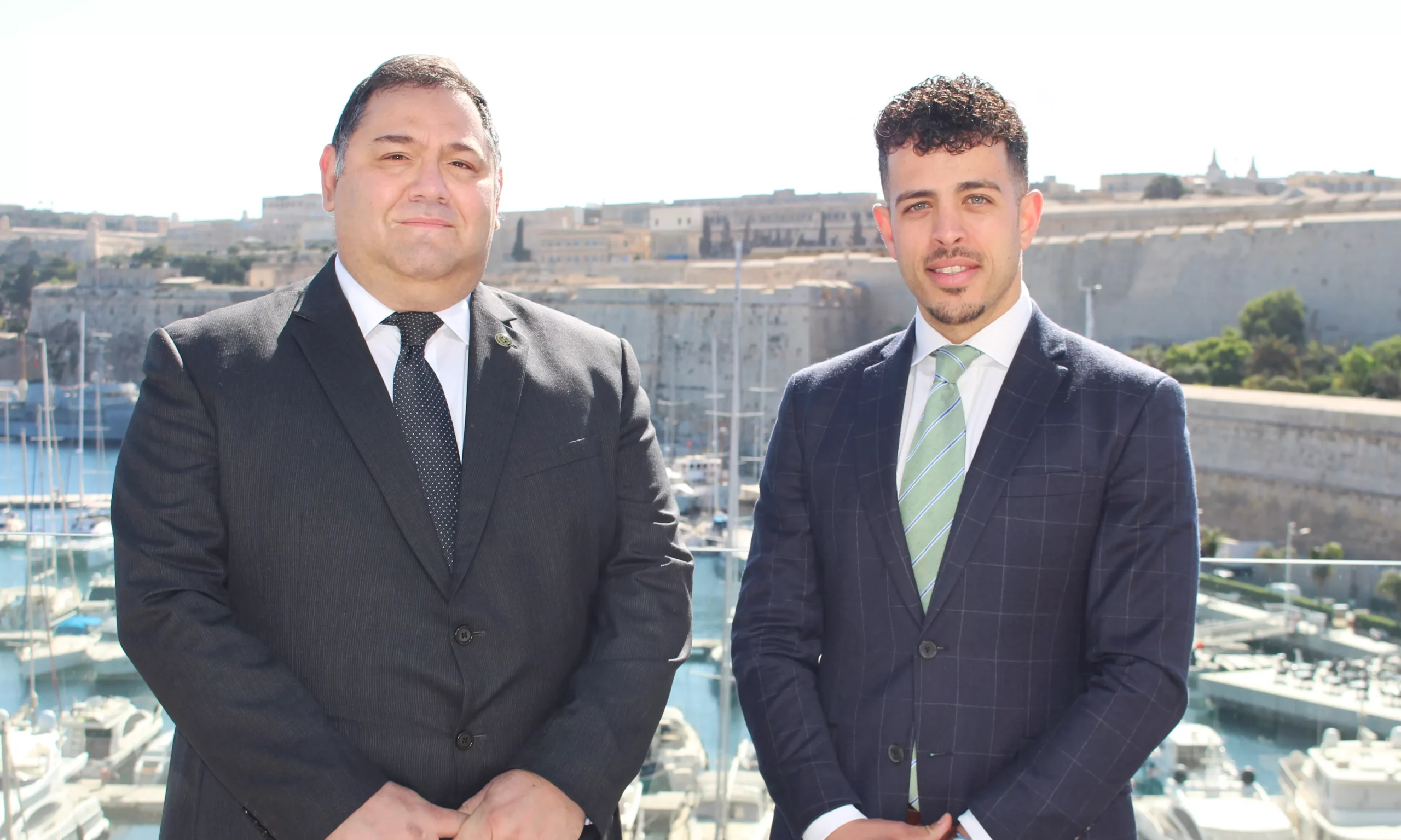The newly formed Furniture Manufacturing Business Section within The Malta Chamber of Commerce, Enterprise and Industry, has elected its Executive Committee. The Executive Committee is formed from cross-industry representatives from a variety of furniture manufacturing sectors.
The Malta Chamber Deputy President Chris Vassallo Cesareo, who spearheaded the establishment of this new Business Section said that “It is essential that this vital industry gets the representation that it deserves through the formation of this Business Section at The Malta Chamber.” He added that, “this Business Section and its Executive Committee will start to address the needs of the furniture manufacturing industry, an exercise which will require a holistic approach that must encompass education and training for the industry workforce.”
The newly elected Chairperson of the Furniture Manufacturing Business Section, Ms. Luana Falzon, spoke about the need to champion Maltese companies in this field. Ms Falzon said that, “I feel that Malta has a lot to offer in terms of its furniture manufacturing sector. I believe that part of our work as a committee must be showcasing the quality of the Maltese furniture manufacturing product as well as laying the foundations for this sector to continue to prosper.”
The Committee already started to set out its priorities. Amongst the first tasks the Committee will address is the dire shortage of workers joining the sector, a priority which goes hand in hand with the Committee’s drive to increase education and awareness on the nature of the jobs in this sector.
The full list of elected members comprising the Furniture Manufacturing Business Section Executive Committee can be found below: Ms. Luana Falzon Chair, Ms. Jennifer Xuereb Sammut Deputy Chair, Mr. Joseph Abela Member, Mr. Joseph Borg Member, Mr. Sebastian Degiorgio Member, Mr. Terence Delia Member.








